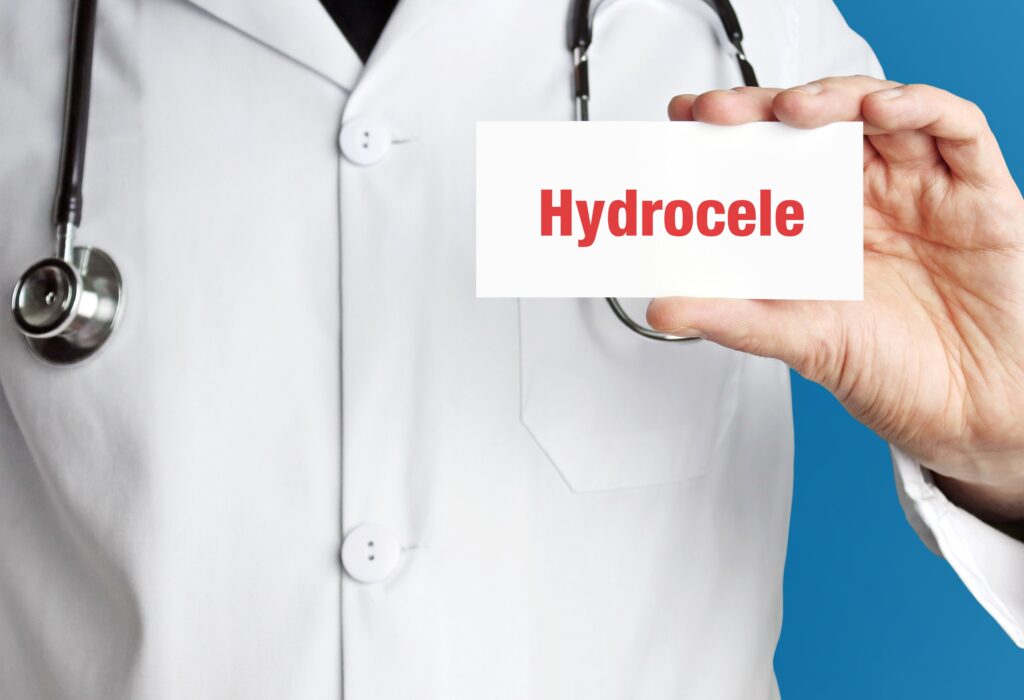Introduction
Hydrocele is a common condition where fluid collects around the testicle. Many men, especially newborns and older adults, may develop a hydrocele at some point. If you are searching for hydrocele treatment options, you are not alone. This guide will help you understand what a hydrocele is, its symptoms, causes, and the best ways to treat it. Knowing your options can help you make informed choices about your health.
Symptoms of Hydrocele
Most people with a hydrocele notice swelling in the scrotum. However, the swelling is usually painless. Still, it can feel heavy or uncomfortable. Sometimes, the swelling gets worse during the day. In rare cases, pain may occur if the swelling becomes large or if there is an infection.
Because these symptoms can also be signs of other problems, it is important to get checked by a doctor.
Causes of Hydrocele
Hydroceles can develop for different reasons. In babies, hydroceles often happen when the channel between the belly and scrotum does not close fully before birth. In adults, hydroceles may form after an injury, infection, or inflammation in the scrotum. Sometimes, the cause is unknown.
Although hydroceles are usually harmless, they can sometimes signal other health issues.
Diagnosis of Hydrocele
Doctors use simple methods to diagnose a hydrocele. First, they will ask about your symptoms and perform a physical exam. Often, the doctor will shine a light through the scrotum. If the swelling is filled with fluid, the light will pass through. This is called transillumination. Sometimes, an ultrasound is needed to rule out other causes of swelling, such as a hernia or tumor. Blood or urine tests may be done if infection is suspected.
These tests help ensure you get the right treatment for your condition.
Hydrocele Treatment Options
There are several hydrocele treatment options available. The best treatment for hydrocele depends on your age, symptoms, and overall health. Let’s look at each option in detail.
Observation (Watchful Waiting)
In many cases, especially in babies, hydroceles go away on their own. Doctors may suggest waiting and watching for a few months. During this time, regular check-ups are important. If the swelling does not go away or gets worse, further treatment may be needed.
This approach is safe for most children and adults with mild symptoms.
Aspiration
Sometimes, doctors may use a needle to drain the fluid. This is called aspiration. It is a quick procedure done in the clinic. However, the fluid often comes back. Because of this, aspiration is usually for people who cannot have surgery or need quick relief.
Doctors may use this method for older adults or those with other health problems.
Surgery (Hydrocelectomy)
Surgery is the most effective way to treat a hydrocele. The procedure is called hydrocelectomy. During surgery, the doctor removes the fluid and repairs the sac. Most people go home the same day. Recovery is usually quick, but some swelling or discomfort may last for a few days.
According to the American Urological Association, surgery is safe and effective for most people (AUA).
Prevention & Lifestyle Guidance
While you cannot always prevent a hydrocele, some steps may help. For example, protecting the groin area during sports can lower the risk of injury. Also, treating infections early may prevent swelling. Although lifestyle changes cannot cure a hydrocele, they can support your overall health.
These habits can help you stay healthy and spot problems early.
When to See a Doctor
It is important to see a doctor if you notice any swelling in your scrotum. Sometimes, swelling can be a sign of a more serious problem, such as a tumor or infection. Seek medical help right away if you have:
Early diagnosis and treatment can prevent complications and help you recover faster.
Conclusion & Call-to-Action
Hydrocele is a common and treatable condition. Many hydrocele treatment options are available, from observation to surgery. If you have symptoms or concerns, do not wait. Consult a urologist to discuss the best treatment for hydrocele in your case. Your doctor can guide you through diagnosis, treatment, and recovery for the best outcome.

